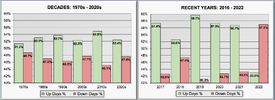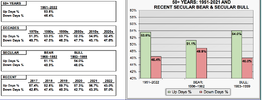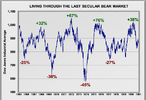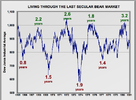- Joined
- 25 July 2021
- Posts
- 875
- Reactions
- 2,215
@Skate I was under the impression that you were an active trader, do you have any system or systems that you do trade in the markets? Your knowledge of trading suggests that you do trade or have traded in the past.To clarify, I don't actually trade the systems discussed here






